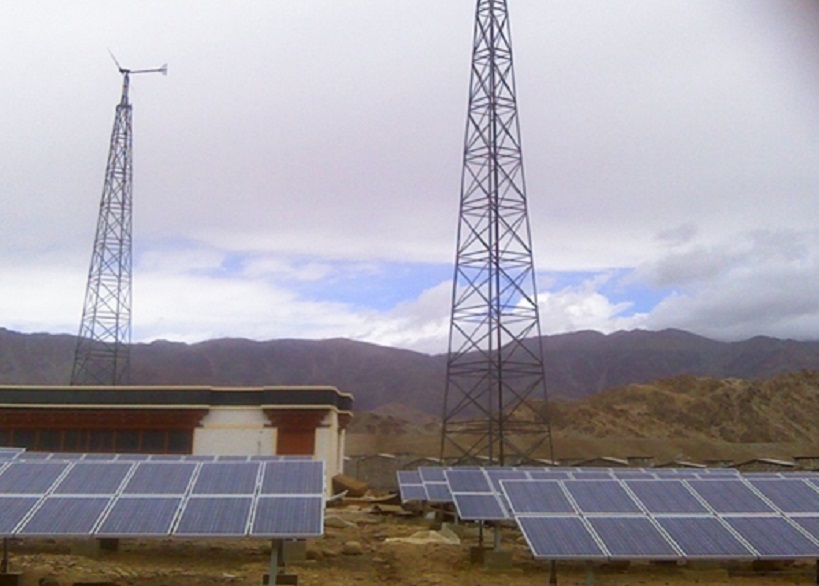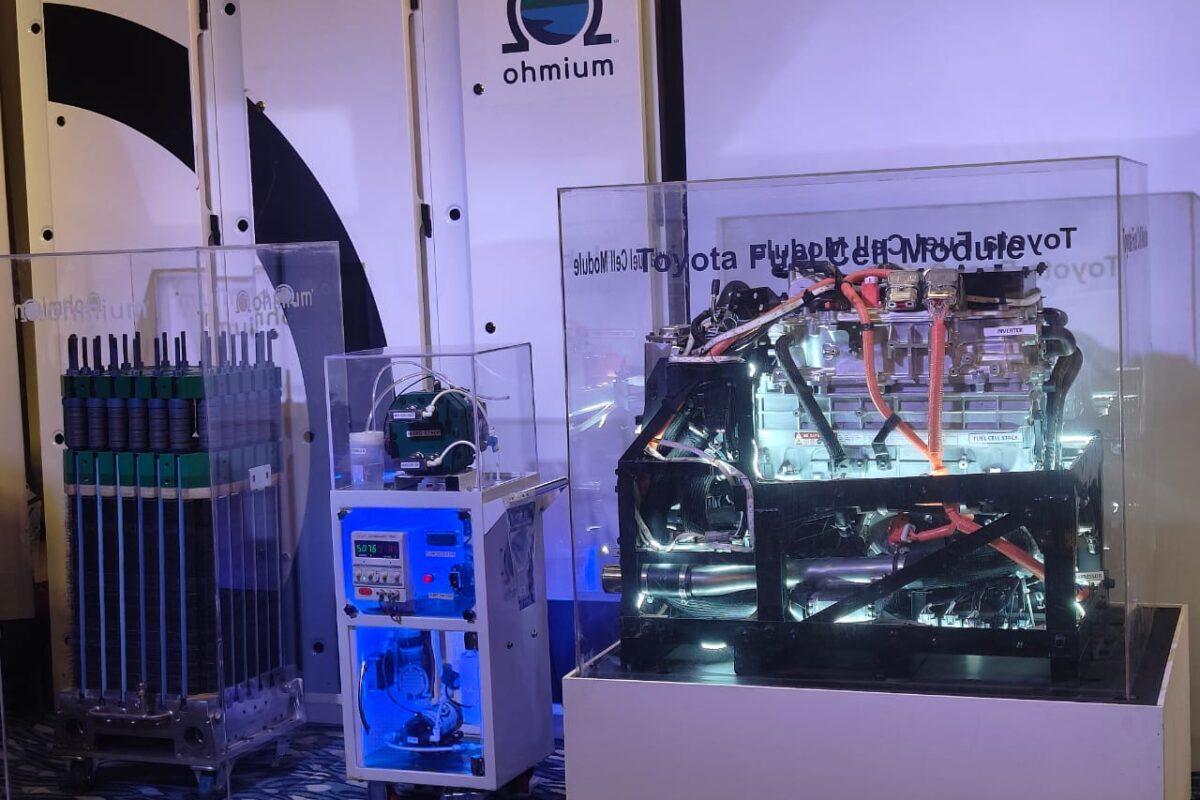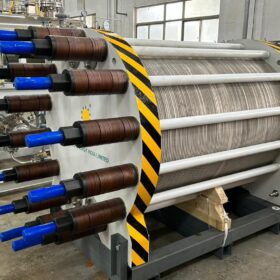India’s Department of Science and Technology has launched an innovation challenge to develop economically viable energy storage solutions that can be integrated with appropriate renewable energy sources to provide an uninterrupted power supply for rural households and enterprises.
The challenge is open to faculty members/scientists working in a regular position in recognized academic organizations, public-funded R&D institutions or laboratories, and Department for Scientific & Industrial Research (DSIR) recognized scientific and industrial research organizations. Technology business incubators, start-ups and individual innovators are also eligible to apply.
The proposals can be submitted until October 31, 2020.
The selected entries will get financial support of Rs 10 lakh for the development and delivery of two working prototypes. The winning entries will get a cash award of Rs 2 lakh, 1.5 lakh and 1 lakh each. Besides, pilot demonstration of the selected units may be supported in an appropriate location.
Technology options
Possible energy storage technologies of interest could include electrochemical energy storage such as second use Li-ion batteries, ultra-capacitors, advanced lead-acid batteries and flow batteries.
Fuel cells might also be considered if suitable locally sourced (from the same establishment as the installation) fuel sources such as bio-gas or photo-electrochemical water splitting can be employed for hydrogen generation.
Thermal energy storage systems may be proposed if techno-economically viable according to the requirements.
Innovative business solutions that use existing energy storage technologies and could meet the stated requirements without large-scale technology innovation will also be considered.
Performance requirements
The proposed system must provide an uninterrupted power supply for at least 12 hours, including night time (6 pm to 6 am). The total daily energy requirement for a single home is set at a minimum of 2 kWh while having a peak power capability of 5kWh.
The system needs to be grid integrable, capable of operating both off-grid as well as on-grid.
The levelized cost of energy (LCOE) of the system—either for a single home or for a small rural establishment—should be less than Rs 10 per kWh.
As the capital cost of such systems is expected to be higher than conventional methods, innovative business approaches encouraging wider adoption without the requirement to buy out such a system should be included.
This content is protected by copyright and may not be reused. If you want to cooperate with us and would like to reuse some of our content, please contact: editors@pv-magazine.com.









By submitting this form you agree to pv magazine using your data for the purposes of publishing your comment.
Your personal data will only be disclosed or otherwise transmitted to third parties for the purposes of spam filtering or if this is necessary for technical maintenance of the website. Any other transfer to third parties will not take place unless this is justified on the basis of applicable data protection regulations or if pv magazine is legally obliged to do so.
You may revoke this consent at any time with effect for the future, in which case your personal data will be deleted immediately. Otherwise, your data will be deleted if pv magazine has processed your request or the purpose of data storage is fulfilled.
Further information on data privacy can be found in our Data Protection Policy.